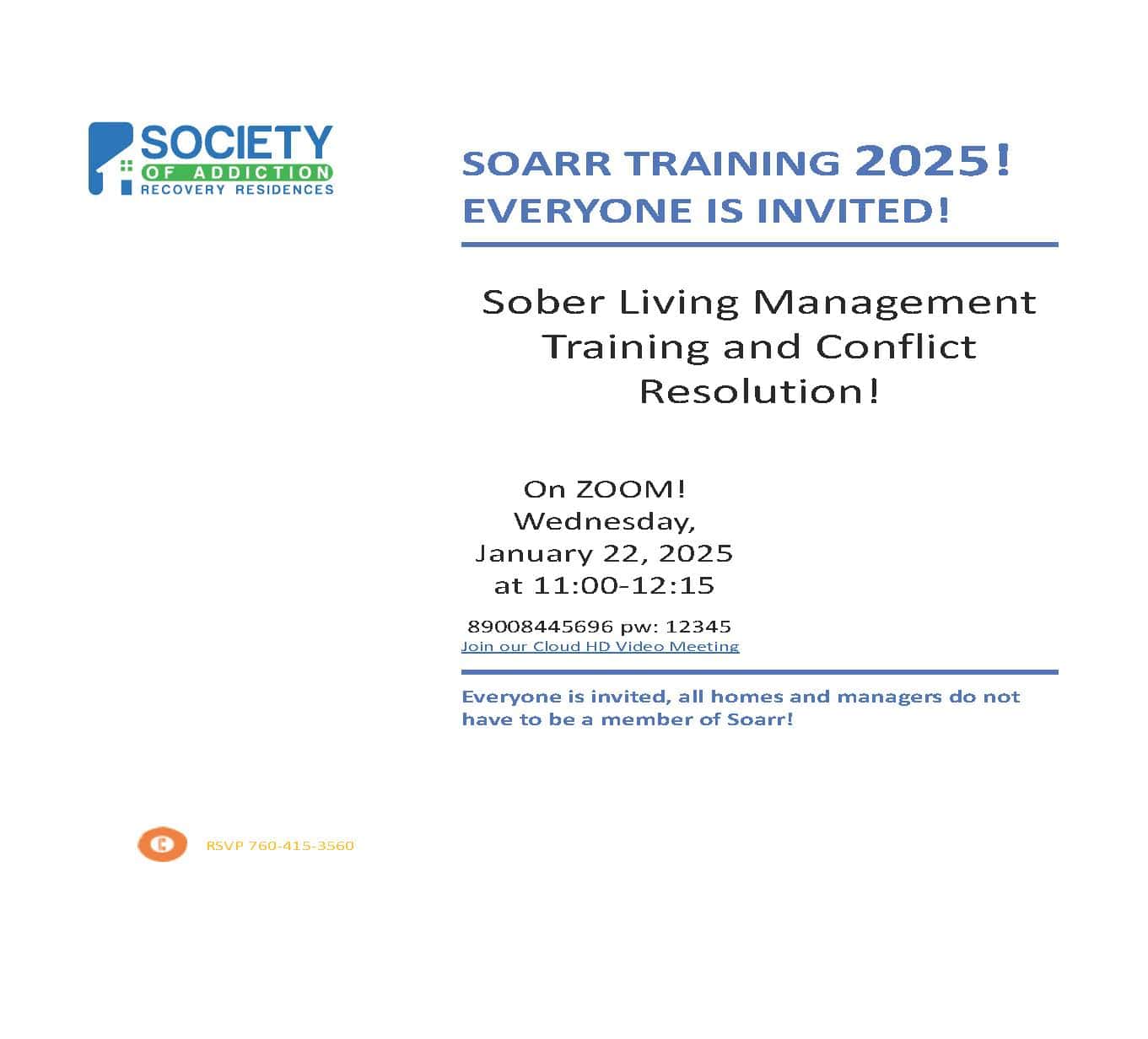When you were using alcohol or drugs, you probably didn’t adhere to one single schedule, even if you managed to maintain a job. Addiction causes chaos. If you were paid on Friday, you probably ended up spending much of your paycheck to feed your addiction. You may not have made any plans on a daily basis and just “went with the flow”. A lot of your schedule probably involved simply getting high or seeking drugs and you didn’t even realize it. When you get clean, you have a lot of free time on your hands. It may not surprise you that a routine or schedule is considered very important to recovery.
Why Schedule Your Time?
If you went to drug and alcohol treatment, you probably followed a rigid schedule of therapy, meetings, and meals. In the outside world, there are a lot more things that will be on your plate when you’re not using drugs. Creating a routine will help you feel more stable, become more responsible, and help you feel a sense of purpose every day.
No schedule must be adhered to 100% — things come up that can’t be planned. A basic routine, however, will help you start every day with a set of expectations that you can achieve easily. Don’t obsess on getting every day “perfect” – remember, you want to focus on progress, not perfection.
Knowing what you plan to do in the morning, afternoon, and evening can relieve a lot of stress in your life.
How to Create a Routine
As a child, you may have had a structured routine of getting up, brushing your teeth, and getting ready for school. Not everyone makes it to adulthood with a similar structure.
As a person in recovery, a routine can help you stay on track and keep your focus. The internet has a lot of free blank schedules you can fill out and use for yourself. Ask yourself the following questions as you plan your day:
- What time do I get up and get ready for the day?
- What time do I want to eat breakfast, lunch or dinner?
- Do I have any appointments this week?
- Do I have 12-step work or homework I need to work on every day? What is the best time for this?
- What times do I plan to go to a 12-step meeting? Which meeting do I plan to go to?
- Have I set aside time to call my sponsor or somebody in my network every day?
- What times of the day are free for chores?
- What are my work hours?
- What goals do I have for the week, and how can I work on them daily?
Scheduling your time will help you be realistic with what you hope to achieve every week, and can give you an accurate picture of what each week looks like in terms of recovery.
Get More Support
Many people find that sober housing helps them transition to daily life when they get home from treatment. A sober home has its own items that you will need to schedule, but living in a structured environment with other people working on goals can help you stay focused and inspired. Check our directory to learn more.





